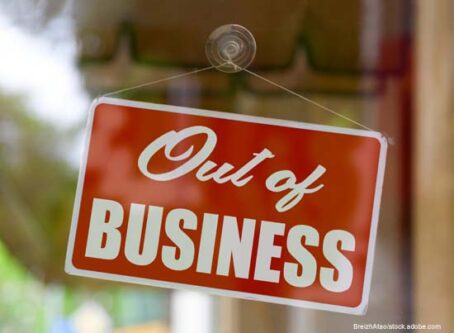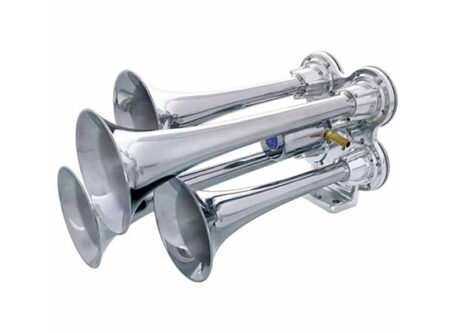Pennsylvania considers charging towns for police protection
Pennsylvania continues its pursuit to address budget concerns for the State Police and road projects.
Gov. Tom Wolf is calling for a setup that would rely on certain municipalities to pay “their fair share” for police protection instead of funds being diverted from road and bridge projects to pay for it.
About two-thirds of the state’s 2,561 towns – or 22% of Pennsylvania’s population – have either part-time or no local full-time police protection. Instead, the affected locales rely on patrolling services of the Pennsylvania State Police.
Meanwhile, Rep. Mike Sturla, D-Lancaster, and Sen. Jay Costa, D-Allegheny, say nearly 80 % of Pennsylvania residents who pay local taxes to fund their full-time local police services also are paying state taxes and fees to support troopers, “essentially subsidizing free police protection for municipalities that choose not to fund their own local patrols.”
Revenue to pay for the service comes from the state’s motor license fund.
Advocates say there is $800 million annually from the motor license fund that goes to the State Police to cover expenses for the added patrols. The money is intended for road and bridge work.
“The PSP is using motor license fund dollars to help fund those patrols, and everyone is missing out on road and bridge repair projects that would improve public safety for all,” Sturla said in prepared remarks.
Gov. Wolf has thrown his support behind a legislative effort to correct what the administration calls an “imbalance” by requiring municipalities that rely on State Police coverage to chip in on the cost of coverage.
The legislation calls for charging a per-capita fee in affected municipalities. The fee is estimated to raise $104 million for roads and bridges.
“I’m asking for support for House Bill 959 and Senate Bill 741, which will help ensure all communities are kept safe without taking anything away from the infrastructure we all share and need,” Wolf stated. “It’s time that all Pennsylvanians pay their fair share.”
HB959 is in the House Transportation Committee. The Senate version, SB741, is in the Senate Law and Justice Committee.









